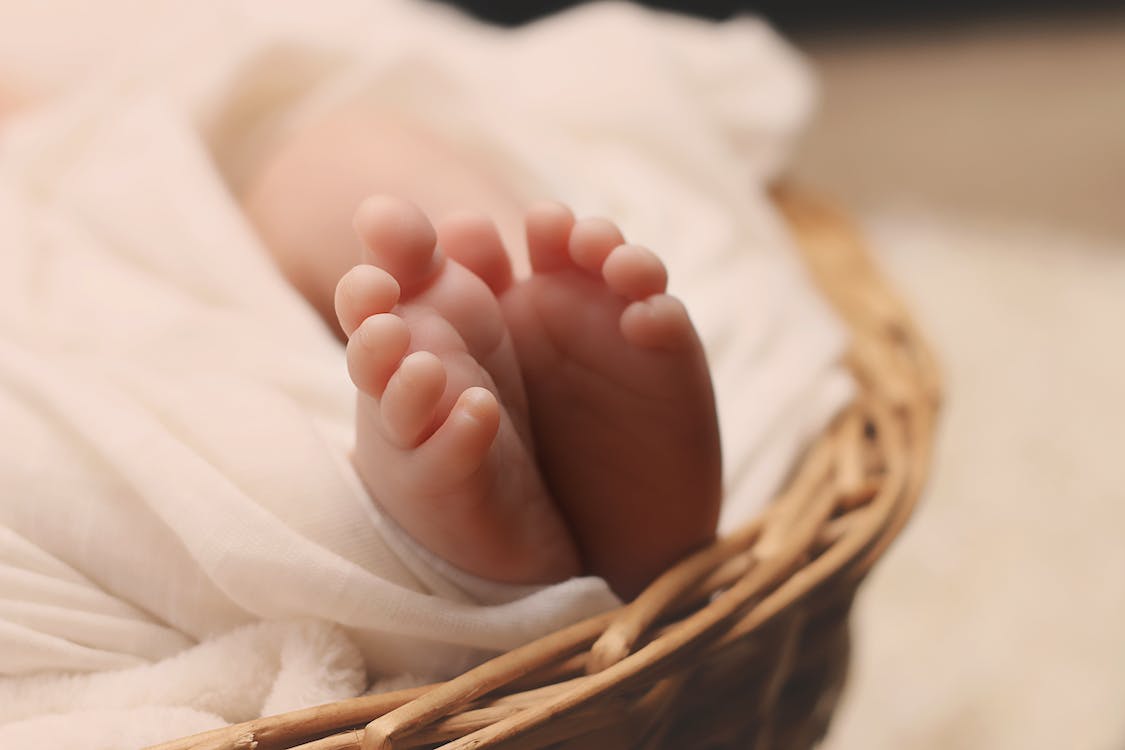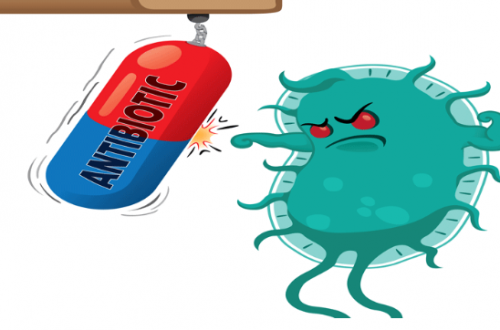Newborn babies are one of the best gifts that the universe can give you. They are small, fragile, and incredibly heart-warming. If you are someone who is expecting your first baby or has just delivered them, then the feeling of fear is completely normal. Every new mother goes through the same emotions. They are all confused and are willing to do whatever they can to ensure their baby is healthy and well taken care of.
Navigating the path of good care for your baby isn’t as complicated as people make it out to be. However, you must ensure that you are willing to change your schedule to provide proper baby care. Talking to your doctor and discussing problems with your baby’s pediatrician will also help you. Moreover, having an understanding and flexible partner is a bonus.
Here are six things that you should know about newborns:
- Birth Injuries Can Be Fatal
Many new parents are unaware of the severity of birth injuries and the scope of their effects. A birth injury is any form of physical harm that your baby can undergo before, during, or after birth because of medical negligence.
Birth injuries can range from mild to severe. It would be best to educate yourself regarding them so you can recognize their signs and symptoms. Moreover, it also empowers you to take corrective steps to reduce the impact of these injuries on your baby’s life.
You can also file a lawsuit against negligent healthcare professionals and claim damages if your child has suffered a birth injury due to medical malpractice. For more information, visit www.childbirthinjuries.com.
- Newborns Don’t Smile For The First Few Weeks
If you expect your baby to smile as soon as they are born, you might be in for a harsh awakening. Newborns cannot smile or giggle for the first few weeks. Once they recognize you and feel comfortable, you’ll see their breathtaking smile often, and their cute giggles will make your heart swell.
- Newborns Cry A Lot
Your newborn’s wails are their way of communicating with you and telling you they need you. They might be hungry, uncomfortable, or want to be close to you. You might panic initially, but you’ll slowly get accustomed to their needs.
They slowly understand everything that is around them, and they are going to be demanding. They will cry a lot and be hungry all the time, but all your efforts in the first few weeks will help your baby’s growth. Remember, your baby is developing even after birth. Their bones are aligning and joining, and their vision slowly clears up. Once you know what your baby needs and when they need it, their wails will considerably lessen.
- Newborns Change Appearance
Your newborn will change their appearance rapidly in the first two to three months. This is because the baby’s body slowly starts accepting its environment, and many spots in the body that aided in the delivery will gradually be hardened. For example, the fontanels, the two soft spots on your newborn’s head to make delivery easier, slowly become hard in the first few months.
The babies also have recessed chins in the first year after birth, making breastfeeding easier. It will later be raised when your baby starts relying less on breastfeeding for nutrients. You’ll also notice that your baby is covered in lanugo, a fine layer of soft downy hair that cover babies in the womb. This will shed off in four to six weeks naturally. Preterm babies have more lanugo than full-term babies but know they are entirely normal.
Babies are also born cross-eyed. So, don’t panic when you hold your baby for the first time and see this. As newborns lack muscle coordination and strength in their limbs, they also lack muscle coordination in their eyes. They will slowly gain it through the course of the next few months.
Your newborn will also have wrinkly skin. This is because they were in the amniotic fluid for months, and their body has now been exposed to dry air. They will also have dry patches on their skin. They might also have little white pimple-like rashes on their skin called milia. These are also entirely normal and result from blocked oil and sweat glands. They usually disappear in two to three weeks.
- Wait For Bathing Your Newborn
One of the most important things you need to remember is that your baby shouldn’t be bathed for the first few weeks after birth, one to three weeks, to be exact. This is because you must wait for the umbilical cord’s stump to fall. If you bathe them while the stump is still intact, it can cause an infection. Newborns have deficient immunity, and it can be fatal for them.
You can give them sponge baths until the stump falls off, but you don’t need to bathe them daily. The stump will fall off faster if it is kept dry. If the stump gets wet while cleaning your baby, pat it dry. Your newborn might bleed a little when the stump falls off and may even have a scab. It is entirely normal.
- Don’t Confine Yourself At Home
While it might seem logical to confine yourself at home to avoid exposure, it isn’t necessary. You can stay at home if you want to, but if you want to go out with your baby, take some precautions, and you’ll see that it is okay for the baby.
Try to keep your baby out of the sun, keep your distance from sick people, and avoid closed spaces that might irritate your baby. Ensure they are comfortable, whether swaddling them or in a pram. Moreover, if someone wants to touch your baby, try to gently tell them not to touch their face as it increases the risk of infection. Don’t feel shy when telling them to wash their hands before they touch the baby.
Bottom Line
Newborn babies might be small and fragile, but their bodies grow and develop at an unprecedented rate. They will cry, be hungry frequently, and need constant attention. However, the attention and love you shower them with at this point will pay off in the long run.





